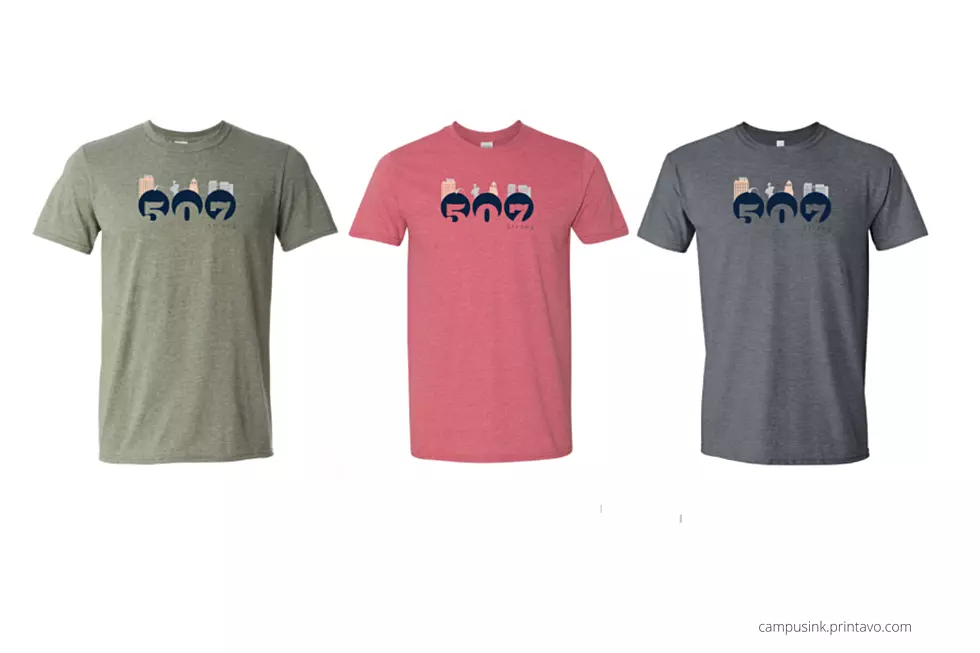
Olmsted Fair Petting Zoo Linked to E.coli Outbreak
One of the popular attractions of the Olmsted County Fair this year was the Zerebko Zoo Tran petting zoo. That same outfit has now been linked to a small but serious E.coli outbreak that has affected at least 13 people, ranging in age from 2 to 68 years. Three contracted the illness while at the Olmsted County Fair.
The Minnesota Health Department says seven of the victims were hospitalized, including three children. And two developed a serious complication that affects the kidney. The Health Department traced the outbreak back to a July 4th event held in Nashwauk. A week later, the petting zoo was at the Polk County Fair, the following week at the Rice County Fair and then the Olmsted Fair. The department says there may be more cases traced to the Olmsted fair because it the most recent.
The department says the owner of the petting zoo has been cooperating in the investigation and withheld scheduled events at the fairs in Lyons and Stevens counties. Zerebko is a family owned business based in Bovey, Minnesota and has been in operation since 1996. Its website says the company is USDA licensed and insured.
According to the Health Department, symptoms of illness caused by E. coli typically include severe stomach cramps and diarrhea, often with bloody stools, but only a low-grade or no fever. People typically become ill two to five days after exposure, but this time period can range from 1 to at least 8 days. Most people recover in five to 10 days; however, E. coli O157:H7 infections sometimes lead to HUS ( hemolytic uremic syndrome, which affects kidney function, most commonly in children and the elderly).
E. coli O157:H7 is commonly found in ruminant animals such as cattle, goats, and sheep. Outbreaks associated with these animals are documented virtually every year in Minnesota. Therefore, people who contact ruminants at any venue, public or private, are at risk for infection with E. coli O157:H7 as well as a variety of other germs. People typically become ill by getting bacteria on their hands after touching the animals or contaminated surfaces, and then swallowing the germs while eating, drinking or during other hand-to-mouth activities. Contamination can be present on the fur or in the saliva of animals, in the soil where these animals are kept, or on surfaces such as fence railings of animal pens.
"These illnesses are a stark reminder that E. coli O157:H7 can be present in even the cleanest of animal operations," said MDH State Public Health Veterinarian Dr. Joni Scheftel. Risk associated with animal contact can be reduced through the following measures:
Visitors to animal exhibits should be made aware that even healthy, well-tended animals can have germs that can make people seriously ill.
Food, drinks, and items that promote hand-to-mouth contact (for example, pacifiers) should not be brought into animal areas.
Hands should be washed with soap and water immediately after visiting the animals. Hand sanitizers are not a substitute for soap and running water but may afford some protection until soap and water are available. They do not work well against some germs and when hands are visibly soiled.
Children under 5 years, seniors, pregnant women, and people with a chronic health condition or a weak immune system are prone to serious complications from E. coli infections and should take extra care around animals.
More From Y-105FM










